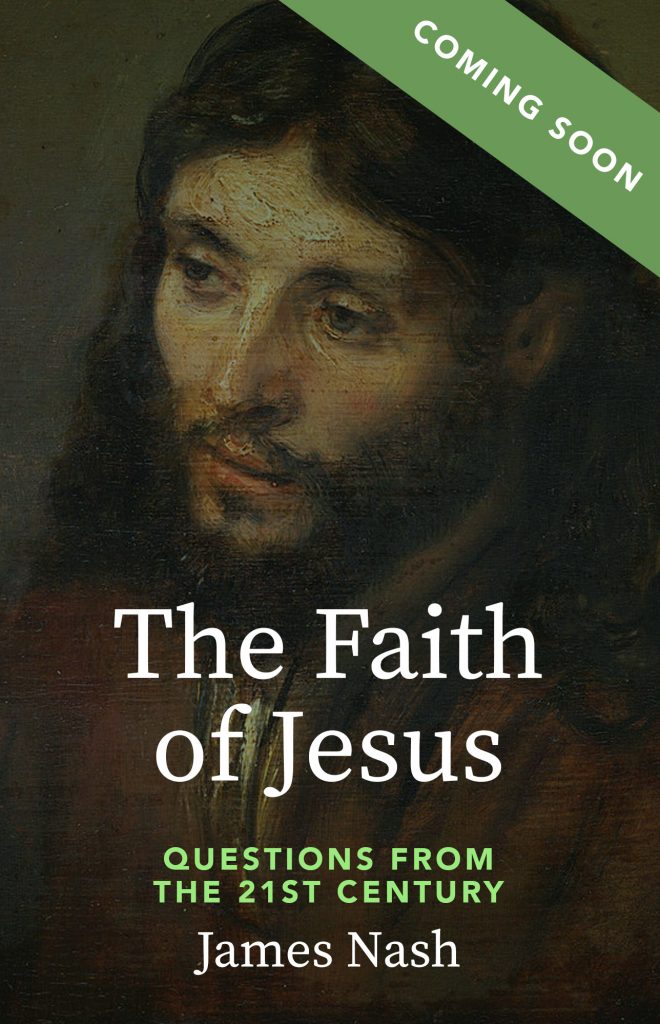I Kings 19:16b, 19-21
Gal 5:1, 13-18
Luke 9:51-62
Some Questions
The passages from I Kings and Luke suggest family duties can sometimes conflict with following God’s commands. Have you ever experienced this in your own life or seen it in the lives of others?
Why does Jesus prevent a potential disciple from burying his dead father? Could this violate the fifth commandment (Deut. 5:15)?
What does Jesus mean by, “Leave the dead to bury their own dead?
Jesus and an AR-15?

It is shocking to me that Rep. Lauren Boebert (R Colo.) joked recently about Jesus using an AR-15 assault weapon to defend himself rather than face crucifixion. She said that some people ask her how many assault weapons Jesus would have owned. “Well,” she replied, “he didn’t have enough to keep his government from killing him.” https://www.huffpost.com/entry/lauren-boebert-jesus-ar-15s_n_62aa02e3e4b06169ca93a9a4
I don’t know about you, but I do not find this joke amusing. It is an insult to my faith–to what I know and believe about Jesus. Today’s readings are relevant to the issue of Jesus’ attitude toward violence.
Fire From Heaven–A Little Background
The Old Testament reading this week includes Elijah’s call to Elisha to follow him, and it has parallels with Jesus’ call to those who would follow him.
I hear echoes in today’s gospel from another Elijah story, II Kings 1:10,12. Here Elijah twice calls for fire from heaven to destroy 51 of his enemies, just as James and John ask Jesus if they should call for fire from heaven to destroy the inhospitable Samaritans in Luke 9:52. But Jesus rebuked them when they asked for this violence.
One of the most important messages Jesus has for us is that God rejects violence. When Jesus is arrested one of his followers draws a sword and cuts off the ear of the high priest’s slave (Matt. 26:51-53). Jesus tells this follower to put his sword away and says, “Do you think that I cannot appeal to my Father, and he will at once send me more than twelve legions of angels?”
In John we read Jesus telling Pilate, “My kingship is not of this world; if my kingship were of this world, my servants would fight, that I might not be handed over to the Jews; but my kingship is not from this world.”
Throughout history communities have been founded on violence to defend themselves and hold themselves together. Jesus founds the first community that is based not on violence, but forgiving love.
Some Possible Answers to the Questions
“Leave the dead to bury their own dead.” Jesus may be suggesting that if you lack faith in eternal life, you may already be spiritually dead and you may well have to suffer far more when a loved one dies than if you have faith. Jesus demands his disciples have faith in life: in this life and the life to come. If you do, you are spiritually alive, not dead. “I came that they may have life, and have it abundantly,” (John 10:10).
Jesus repeatedly challenges family ties, as he was creating a kingdom based on a community that transcends family ties. “Who are my mother, and who are my brothers?….whoever does the will of my Father in heaven is my brother, and sister, and mother.” (Mt 12:48,50) And he promises he will cause family conflict! “…for henceforth in one house there will be five divided, three against two and two against three; they will be divided, father against son and son against father, mother against daughter and daughter against mother, mother-in-law against her daughter-in-law and daughter-in-law against her mother-in-law,” (Luke 12:52-53).
“He who loves father or mother more than me is not worthy of me,” (Mt 10:34-39).
The strongest passage of all: “If any one comes to me and does not hate his own father and mother and wife and children and brothers and sisters, yes, and even his own life, he cannot be my disciple,” (Luke 14:26).
I do not suggest we read this passages literally, but clearly Jesus sees a tension between family ties and following him. I have seen this in my own life and the lives of others. In my own life, both my parents vehemently opposed my conversion to the Roman Catholic Church. They were Presbyterians. Yet I believed, and still believe, this was what God wanted me to do. It was very painful for everyone, but these passages gave me courage, strength and comfort. After a number of years, I was able to reconcile with my parents as they accepted my Catholicism.
I have seen other cases where men and women seem to lose their way because they are trying too hard to please their parents. Pleasing your parents can become a kind of religion, but it is a false one. I also suffered from this, but ultimately my faith helped me through it.
My experience is that placing God first actually strengthens your family relationships, makes them healthier. However, you may well find bumps in the road before you get there! I did.



Jim always has great questions…and great possible answers. Yet he’s also open to other alternative interpretations. For me, his honesty, openness, and willingness to grapple with difficult texts and issues is refreshing.
Thank you, Duane! I love discussing biblical texts and theological questions with you as well. You are also open so open to different interpretations.
Excellent post. I certainly love this website. Continue the good work!